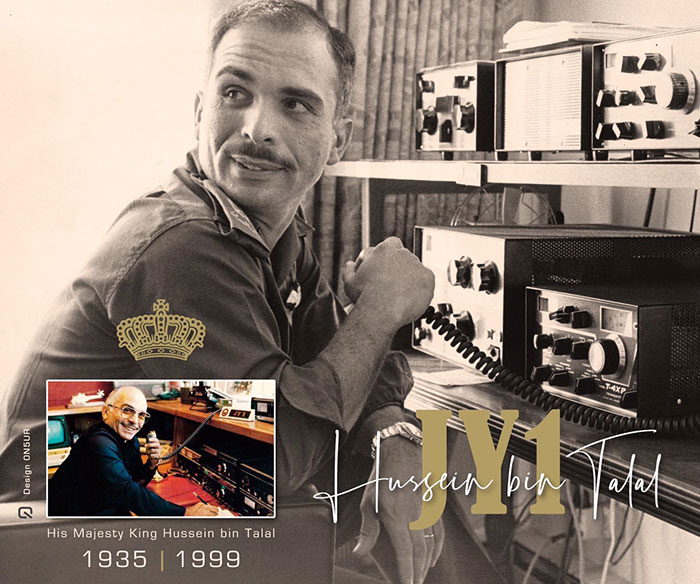Amateur radio, probably the most exciting interesting fascinating enjoyable social technical hobby of all!

A short introduction
Unfamiliar what amateur radio is about?
Amateur Radio is a popular hobby and service that brings people, electronics and communication together. People use ham radio to talk across town, around the world, or even into space, all without the Internet or cell phones. It’s fun, social, educational, and can be a lifeline during times of need.
HAMs, the popular name for amateur radio enthousiasts, aren’t CB operators nor do they broadcast music on your solid state radio.
Although Amateur Radio operators get involved for many reasons, they all have in common a basic knowledge of radio technology and operating principles, and pass an examination for a license to operate on radio frequencies known as the “Amateur Bands.” These bands are radio frequencies allocated for use by ham radio operators.
Anyone with a genuine interest may become part of our wonderful hobby.
Amateur Radio operators come from all walks of life – doctors, students, kids, astronauts, politicians, truck drivers, movie stars, missionaries and even your average neighbor next door. Worlds most famous amateur radio operator probably was late King Hussein of Jordan.
They are of all ages, sexes, income levels and nationalities. Whether through Morse Code on an old brass telegraph key, voice communication on a hand-held radio or computerized messages transmitted via satellite, they all use radio to reach out to the world.
You can communicate from the top of a mountain, your home or behind the wheel of your car, all without relying on the Internet or a cell phone network. You can take radio wherever you go! In times of disaster, when regular communications channels fail, hams can swing into action assisting emergency communications efforts and working with public service agencies.
You can communicate with other hams using your voice and a microphone, interface a radio with your computer or tablet to send data, text or images, or Morse code, which remains incredibly popular. You can even talk to astronauts aboard the International Space Station, talk to other hams through one of several satellites in space, or bounce signals off the moon and back to Earth!
Some hams like to build and experiment with electronics. Computer hobbyists enjoy using Amateur Radio’s digital communications opportunities. Some are particularly interested in trying to contact other stations in as much countries as possible while others compete in contests, where the object is to see how many hams they can contact during a given time period. Mostly we use ham radio to form friendships over the air There are some 3,000 active radio amateurs in Belgium and over 2,000,000 worldwide.
Besides a valid license, the basic equipment consists of a transmitter & receiver, an antenna and a microphone and/or a telegraphy key. For more complex communications, additional gear is necessary.
How much it will cost?
You probably can get on the air for as little as € 200 using used equipment. The more elaborate one’s station the higher the costs, of course. Using top notch transceivers and linear amplifiers in combination with directive antennas on huge towers will considerably skyrocket the financial burden. But rest assured: these items are not indispensable to have lots of fun as an amateur radio operator!
Most people tend to start taking some classes at their local radioclub or study licensing manuals.
In many countries, licensing is a routine and civil administrative matter.
Would be amateurs are required to pass an examination to demonstrate technical knowledge, operating competence and awareness of regulatory requirements in order to avoid interference with other radio services. In most countries, a series of exams are available; each progressively more challenging and granting more privileges in terms of radio spectrum, power output and permitted experimentation.
In some countries, however, licensing is inordinately bureaucratic or challenging because of security issues. A handful of countries, such as North Korea, Yemen or Turkmenistan do currently not permit their citizens to operate, although in some rare cases foreign visitors have been able to secure a license during the past decades.
In Belgium, the licensing authority is the BIPT. Three levels of licenses are currently available in my country: entry level, foundation and full (HAREC) licenses.
The vast majority of amateur radio operators are members of their national radio society; e.g. UBA in Belgium.
Readers in other countries may find their respective association on the IARU webpage. IARU stands for International Amateur Radio Union which incorporates the national societies.

